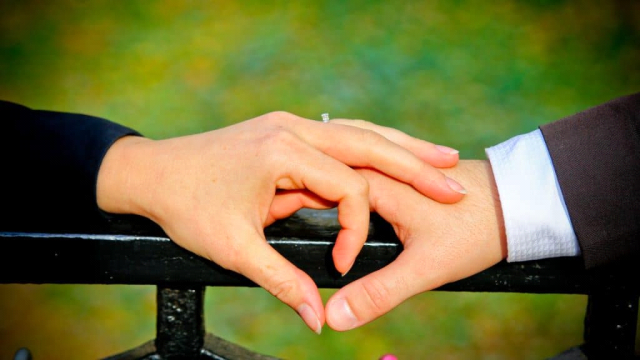There are plenty of articles and videos out there these days about how a new dating trend is encouraging single men and women in London to start relationships before the long, cold winter. Do people really want to meet someone during certain months? Dating (let alone finding a long-term partner) is hard, even when you’re not trying to plan for a specific period. So, how do relationships work in different seasons?
Everything you should know about Cuffing season in London
The hot summer months filled with hot men and women at festivals and during vacations give way to the cold when the chances of meeting someone to build a hookup special are reduced. The term “cuffing season” first appeared in Urban Dictionary in the fall of 2011, describing the desire to be “cuffed” during the colder months. It starts in October and ends on Valentine’s Day.
Dark, cold nights can cause a strong feeling of loneliness and a drop-in melatonin and serotonin in the body. This can make us feel lonely, bored, and abandoned. In addition, the miserable weather keeps people indoors. At the same time, it is nice to know that you have a reliable partner with whom you can cook a delicious dinner, watch a movie cuddled on the couch, or have passionate sex. However, it is essential to be careful because sometimes you can lock yourself into a relationship you do not want to be in.
Some Words About Snow-Globing Dating Trend
Snow-globing is when someone pretends to be serious about a person they are dating during the holiday period and then dumps them when the Christmas and New Year are over. The name of this dating trend refers to the ideal seasonal settings in snowglobes, which seem too good to be true. It often happens in new relationships that start just before the holidays.
The psychological aspect of snow-globing is that people value being in a community. This can be problematic during the winter holidays when weather or travel limits communication. Having someone nearby helps alleviate the discomfort of loneliness.
What is Winter Coating?
Winter Coating is when old flames meet with the hope of spending the winter together. The opportunity to save money by sharing water, heating, and Wi-Fi is an added incentive for such relationships. It is essential to be prepared that, like an old winter coat, you will be used for one period, but when spring comes, you will be shoved back into the closet.
Many people want to find a partner to spend one season together during the winter months. Returning to a past relationship is an easy option to ensure you do not have to spend the holidays and cold nights alone. A recent survey of Londoners found that more than half of respondents had an ex who contacted them during this period to make up.
Romantic Background of Summer Flings
Summer flings are short-term romantic relationships that Londoners have during the darker months. They are casual and carefree relationships fuelled by summer’s carefree spirit.
Most summer flings are temporary, as people know such relationships will not last beyond the summer months. They are a way to enjoy the beautiful weather and new experiences in the company of someone who is also up for a good time.
For many dating site visitors, a summer fling is an excellent opportunity to learn more about yourself. Such relationships allow you to discover what you like and don’t. Beach get-togethers, long car rides, or rooftop rendezvous are the moments of summer flings that you will want to remember on cold winter nights.
How Does Seasonality Affect Our Dating?
It’s time to systematize the main dating trends in London:
The “summer flings” concept starkly contrasts the more severe relationships that Londoners seek in winter. These seasonal changes in goals demonstrate how the weather can impact the frequency and nature of relationships. Awareness of these changes can help people navigate their dating calendar more effectively throughout the year.








